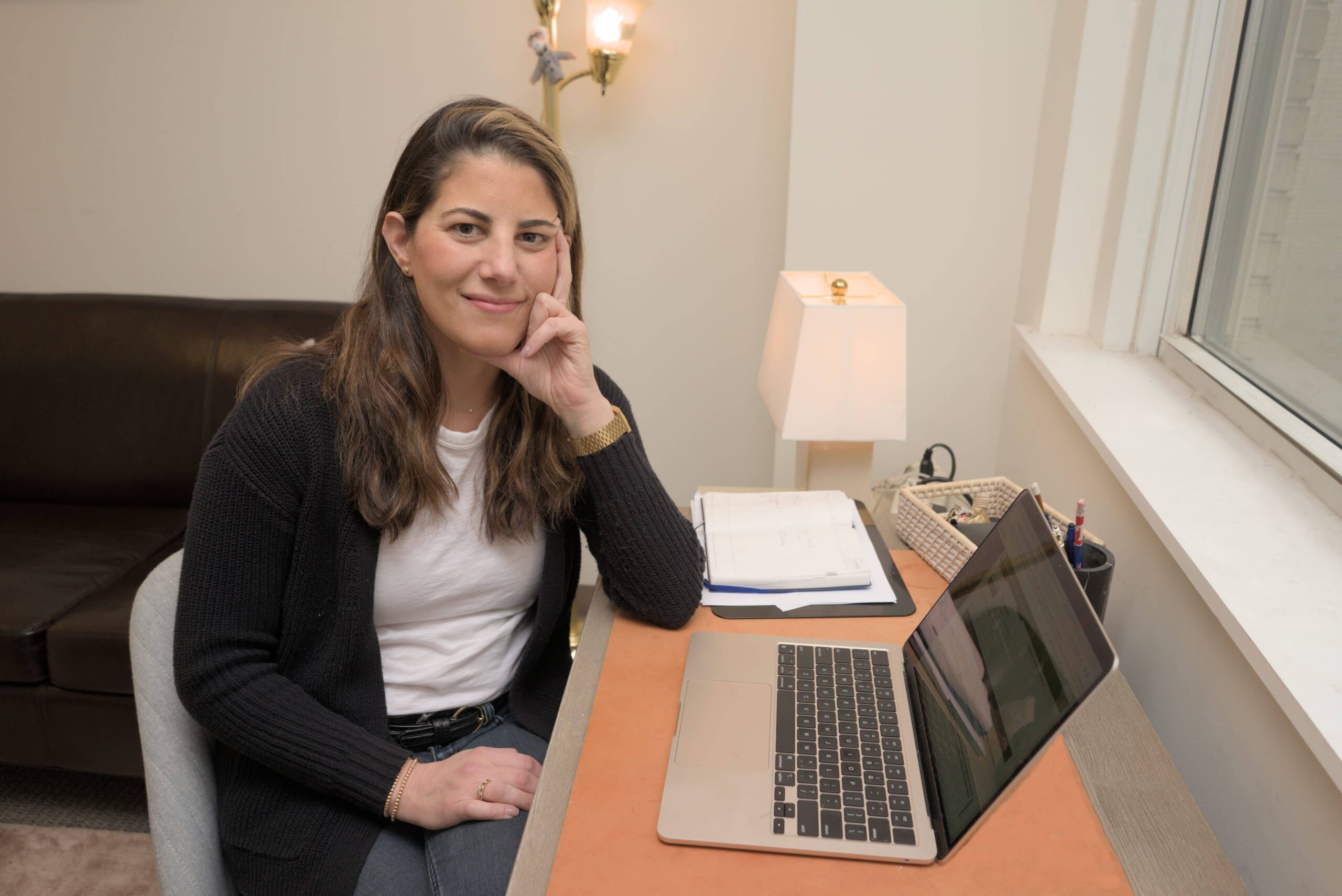Addiction: Outpatient Treatment Online & In-Person
Start Addiction Treatment with Rittenhouse Psychiatric Associates Today
- Appointments are generally within 2-3 weeks.
- Expert providers who trained at Johns Hopkins Hospital, The University of Pennsylvania, Tufts Hospital, Children’s Hospital of Philadelphia (CHOP) and similar institutions.
- Many of our providers currently teach, or have taught, in Academia, and have been published in peer-reviewed Medical Journals.
- Thorough and Comprehensive Care; we treat a person in their entirety, not just a singular diagnosis.
- Coordination with a patient’s psychologists and medical providers.
- Reasonable Fees, with initial visits approximately $350 and typical follow-ups $175.
- 60- or 90-minute initial visits and 20-30-minute follow-ups.

Related Resources
Couples counseling is a form of psychotherapy designed to help romantic partners improve communication, understand...
Navigating Relationships and AD/HD
When someone enters therapy for ADHD, they often have a range of concerns that they...
How to Navigate the Holidays With an Eating Disorder
Eating disorders involve persistent patterns of disordered eating that affect health and daily functioning. Conditions...
Coping With Mental Health Challenges During the Holidays
It’s not uncommon for patients to seem almost embarrassed or ashamed, when disclosing at an...
How to Navigate the Holidays and Recovery with Healthy Boundaries
The holidays can be a joyful yet challenging time, especially when balancing celebration with recovery....
What Is 5-HT? Understanding Serotonin and Its Effects
5-HT, or serotonin, is a neurotransmitter that helps regulate mood, anxiety, and cognition. Along with...
Join our Newsletter
Newsletters Updated Quarterly
Download Our Newsletters & PDFs